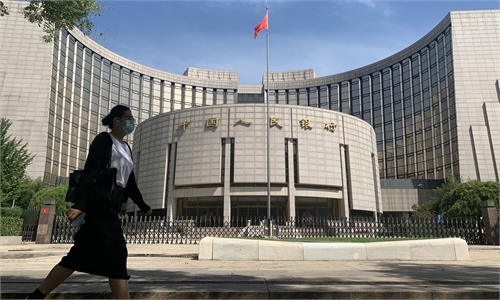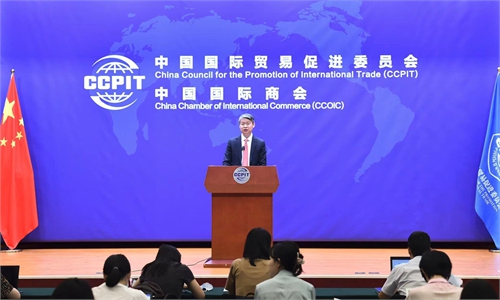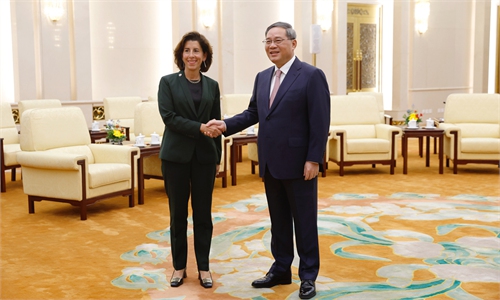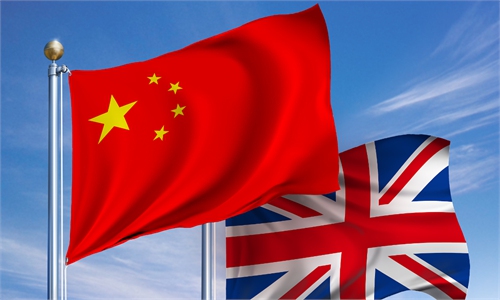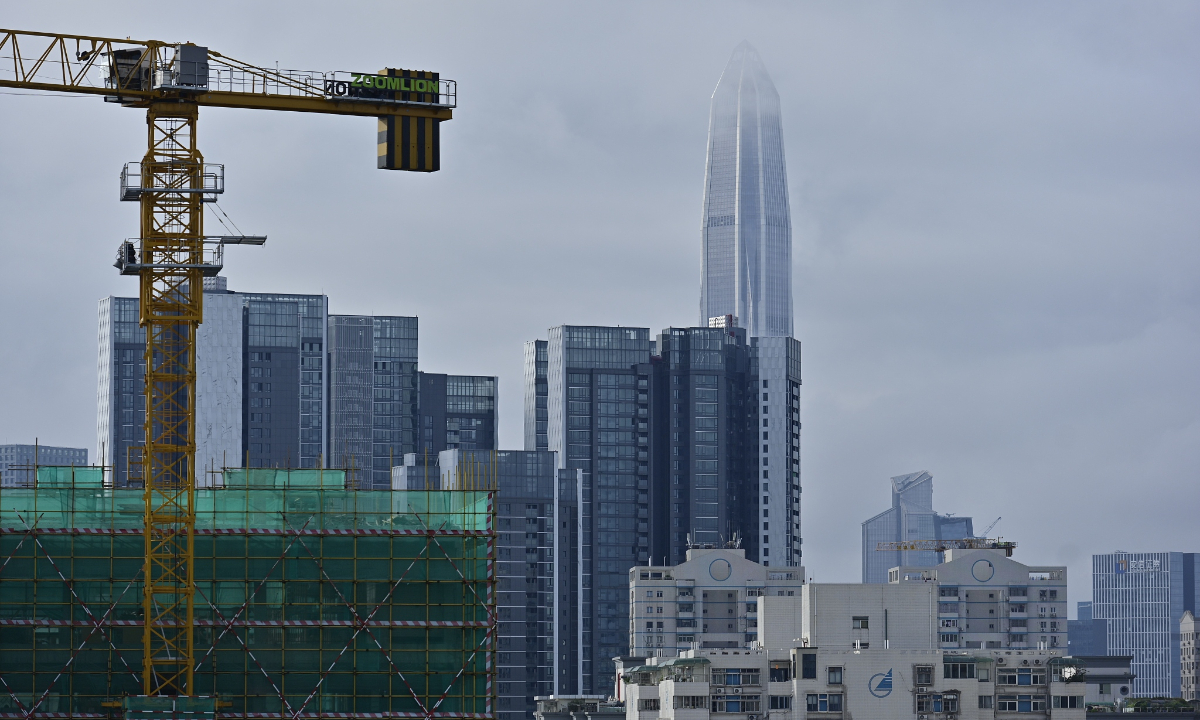
The year-on-year (y-o-y) decline in FDIs for 1H23 was also due to the strengthening of the US dollar, which capped FDI inflows, on top of the uncertainties before the state elections. - Nixon Wong
Prime Minister Datuk Seri Anwar Ibrahim has travelled to several countries to promote Malaysia as an investment destination, including to China in April and recently, as well as to the ongoing 78th United Nations General Assembly in New York, following the Invest Malaysia New York event in The Big Apple.
On the other hand – while Anwar has been busy making stops worldwide to foster economic ties on behalf of the country – the official numbers from the Statistics Department showed that for the first half of 2023 (1H23), foreign direct investment (FDIs) into Malaysia amounted to RM15.1bil, only a third of the funds that came in at the same time last year.
For the whole of 2022, Malaysia had managed to garner RM74.6bil of FDIs, which plainly means that it would be a mountain to climb for the country to match that number this year.
For many analysts, the apparent political ambiguity before the six-state elections back in August had played a role in discouraging foreigners to commit their funds to Malaysia, and with that having been resolved, they are looking forward with more optimism.
According to Nixon Wong, chief investment officer for Kuala Lumpur-based fund management firm Tradeview Capital, the year-on-year (y-o-y) decline in FDIs for 1H23 was also due to the strengthening of the US dollar, which capped FDI inflows, on top of the uncertainties before the state elections.
However, he believes the tide could be changing, with major global players such as Germany’s Infineon Technologies AG as well as Intel Corp, Amazon Web Services and Tesla Inc of the United States having set up shop in the country or pledged to commit further investments.
Moving forward, he told StarBiz: “I believe with the initiatives on green energy generation and increasing adoption of environmental, social and governance (ESG) principles in doing business could attract more FDIs our business environment becomes a better match to the ESG criteria these global players are looking into.
“Also, momentum could be built by taking advantage of trade diversions due to uncertain geopolitical tensions that include the United States-China trade conflict and the Russia-Ukraine crisis.”
At the same time, Rakuten Trade head of equity sales Vincent Lau is similarly expecting “more FDI good news” towards the end of the year and into 2024.
“Of course, there were also other factors for the y-o-y pullback (in FDIs into the country) such as the high interest rates environment globally, but there is a sense of relief now that politically the country is stable. This, coupled with the aggressive efforts of the Prime Minister, means things should improve from here,” he predicted.
Having said that, Lau believes the upcoming tabling of Budget 2024 would be essential to clarify Putrajaya’s policies on many issues, including how it intends to further encourage and more importantly ease the entrance of FDIs into the country.
Besides that, he noted that the targeted subsidy reforms and the possible amendments on the government’s tax base could also set the tone for FDIs if further details could be ironed out next month.
While recognising it may be a big ask for Malaysia to surpass the RM74.6bil FDI amount of 2022 for this year, Lau is hopeful of the situation over the longer term as the government has been active in its efforts in attracting investments.
“This can also be seen by Bursa Malaysia organising its first physical Invest Malaysia New York in six years last week, which is part of a push for investments for the Madani Economy initiatives,” he told StarBiz.
Offering his views from an economical perspective, Centre for Market Education (CME) chief executive Dr Carmelo Ferlito opined that FDI quarterly volatility has been a consistent trend over the long term, and therefore should not set off any alarm bells yet.
In addition, he said the 2022 FDI data is likely to have been boosted by the post-lockdown recovery that the country experienced last year, an effect that is quickly fading.
While the news has been flushed with reports of FDIs being granted approvals since the start of year, such as the RM170bil commitment by China and RM23bil pledge by Japan that was announced in July, Ferlito suggested it may be more meaningful to look at implemented FDI’s instead of just approved ones.
He said that back in April, the CME has backed a call by former second finance minister Datuk Seri Johari Abdul Ghani for the setting up of a special committee under the International Trade and Industry Ministry to monitor investments in Malaysia.
“The commission would have had to monitor not only the inflow of FDIs and the approvals, but also how many get implemented, as well as the reason why some of them are not implemented and so on. It was a good proposal, and we think it deserves to regain interest,” he says.
With Anwar having called for the cutting down on red tape and striving to improve the ease of doing business, Ferlito said the Prime Minister is aware there are issues for foreign businesses to enter the country which are related with institutional arrangements.
As such, he has urged Anwar to take the lead in creating a reform process to achieve those goals of reducing red tape and increasing the ease of doing business, as advocated in the Prime Minister’s Ekonomi Madani speech.
- Hangzhou Asian Games (globaltimes.cn) Asian Games 2023: Overall medal table - complete list Feel the pulse of Hangzhou ahead of the Asian...








